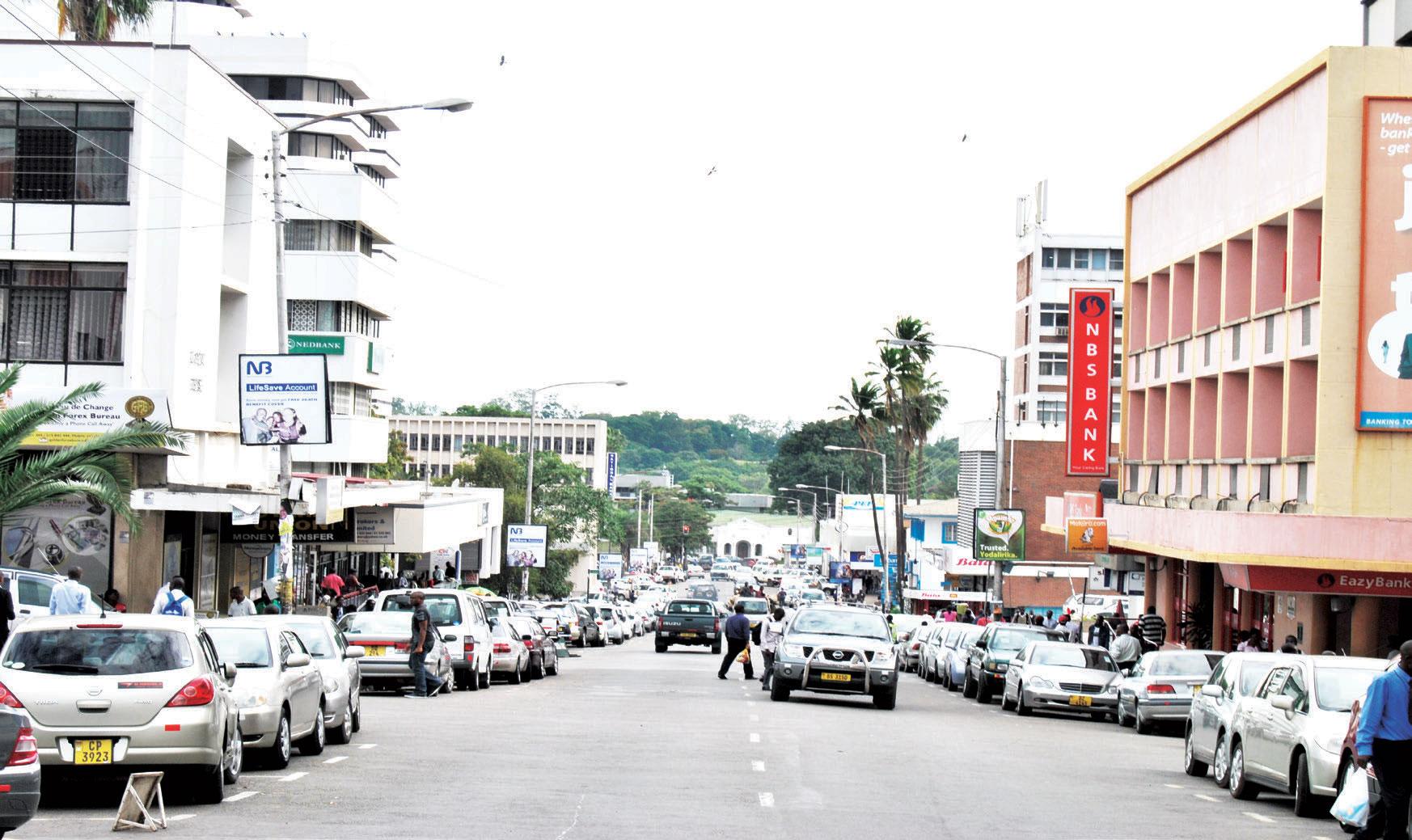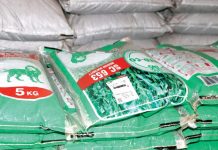Africa-Press – Malawi. Pressure persists on the local currency, the Kwacha, evidenced by continued loss of grip against other major trading currencies and an ever widening spread of rates on the parallel market and in authorised dealer banks (ADBs).
Our spot-checks show that on the black (parallel) market, the Kwacha was trading at K1140 compared to K824 in ADBs, creating a spread of K316, one of the highest margins in the recent past. This comes at a time demand for forex remains elevated in the country while supply continues to shrink.
In January for instance, official foreign exchange reserves were recorded at $399.98 million representing 1.60 months of imports slightly below 1.72 months in December last year and way below 2.41 months same period last year.
During the month under review, the local currency depreciated by 0.4 percent against the dollar, trading at K822.81 to dollar. The unit’s strength went down by 0.3 percent against the Pound trading at K1, 211 per Pound, and lost 7.2 percent against the Rand to be trading at K62.
Against the Euro, the Kwacha appreciated by 5.8 percent and traded at K1, 072.50 as at the close of January. Experts we spoke to say the pressure depicts seasonality of the economy but were quick to say the widening spread is disturbing.
Vice President of the Financial Market Dealers Association (Fimda) Jim Kalua said, from experience, there has always been a gap between the black market and the official markets but it was too wide this time around.
“Import cover is at the lowest now; way below the minimum requirement of three months. We really need a proper injection of foreign exchange in the market to stabilise the position.
“I think, for a true reflection of this, look at the cash rate for the dollar. What can explain the gap between cash with TT selling rates that is K825 against K1,020? We really need to be assured and find mechanics for ensuring that all exports proceeds are received and accounted for,” Kalua said.
In a separate interview, economics professor at the University of Malawi Ben Kalua rated the situation as awkward. “Right now, there is rationing of foreign exchange in commercial banks because of the misalignment,” Kalua said.
Associate professor at the Malawi University of Business and Applied Sciences (Mubas) Betchani Tchereni said supply of the foreign currency is very low in conventional markets such as banks, hence the situation.
Speaking when he launched the second National Export Strategy (NES II) recently, President Lazarus Chakwera expressed confidence that the roll-out of the strategy would help Malawi tilt the trade balance in its favour.
For More News And Analysis About Malawi Follow Africa-Press






